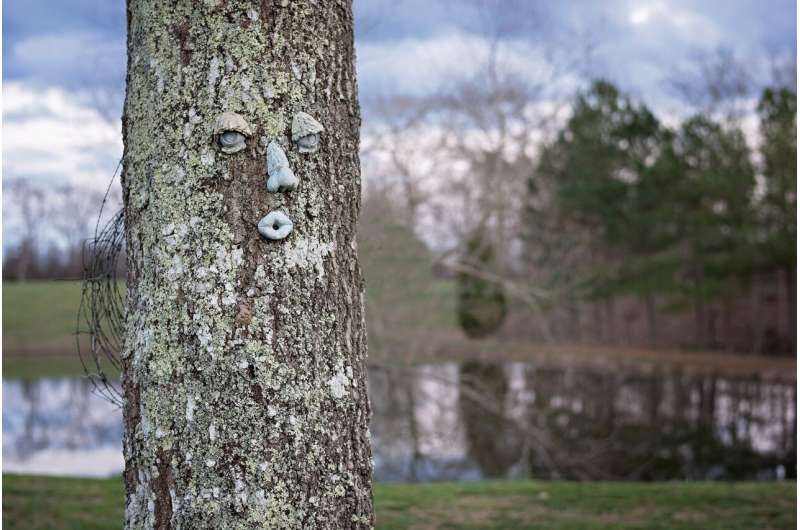This article has been reviewed according to Science X's editorial process and policies. Editors have highlighted the following attributes while ensuring the content's credibility:
fact-checked
peer-reviewed publication
trusted source
proofread
'Do not anthropomorphize plants,' say plant and forest researchers

Plants are often attributed with abilities similar to those known in the animal or human world. Trees are said to have feelings and can purportedly care for their offspring, like mothers. In an article in the review journal Trends in Plant Science, 32 international plant and forest researchers followed up on such assertions.
Led by Prof. David G. Robinson, professor emeritus for cell biology at the Center for Organismal Studies (COS) of Heidelberg University, the researchers analyzed the claims in two popular publications on forests and reached the conclusion that conjecture is equated with fact. They warn against "anthropomorphizing" plants.
The article scrutinized the assertions in two widely received books about the hidden life of trees and the search for the so-called "mother tree." The researchers report that in those works, trees are attributed with human characteristics and behaviors, including the ability to feel pain and pleasure, to communicate with one another, and to act altruistically.
Based on existing research literature, Prof. Robinson and his co-authors provide detailed evidence that the main assertions are scientifically untenable. The Heidelberg researcher points out that numerous research papers on the significance of intraspecies competition clearly contradict the contention that trees of a single species support one another and keep each other alive.
According to Prof. Robinson and his colleagues, newer studies also render the "mother tree concept" untenable. Many publications based on this concept that presume to substantiate a targeted transfer of carbon from older to younger trees via networked fungi—the mycorrhizae—are flawed due to a lack of control variants.
"And where the data does actually suggest such a transfer, the quantity of carbon transferred is so small that it is physiologically completely irrelevant for the recipient tree," states Prof. Robinson. The researchers also criticize that both books cite evidentiary sources that were not peer-reviewed.
Finally, the authors point out the fatal consequences such claims could have for the adaptation of forests to climate change if political decisions are "based on pleasant-sounding but false messages" rather than scientific fact, adds Robinson. The article's authors included researchers from the University of Göttingen as well as from Austria, Canada, Chile, Great Britain, Ireland, Israel, Spain, Sweden, Switzerland, and the U.S. They represent the fields of biology, forestry, and plant science.
More information: David G. Robinson et al, Mother trees, altruistic fungi, and the perils of plant personification, Trends in Plant Science (2023). DOI: 10.1016/j.tplants.2023.08.010
Journal information: Trends in Plant Science
Provided by Heidelberg University




















